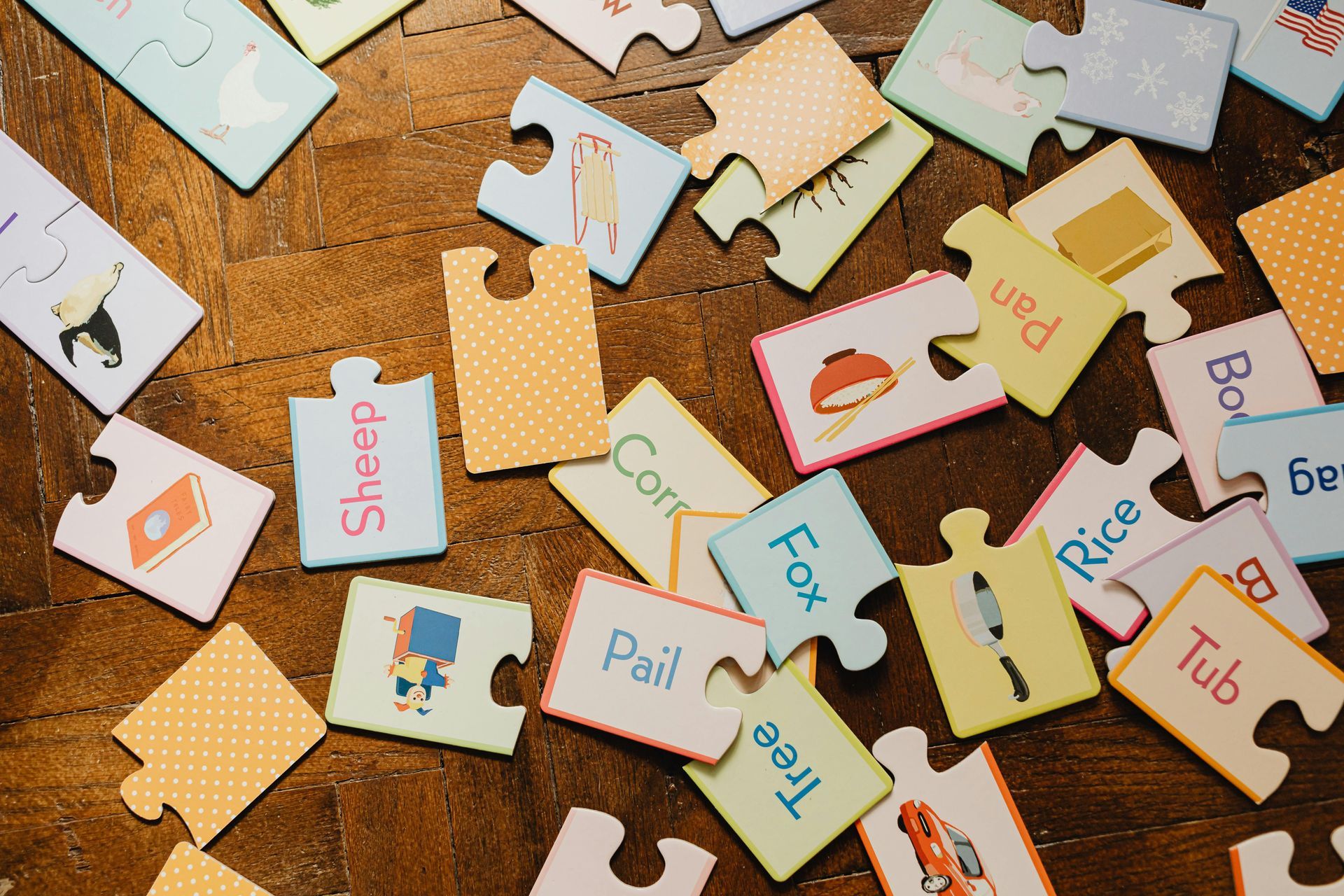Organizing the Dyslexic Child
Organizing the Dyslexic Child
What Has Worked in Our Home
If you have had a chance to look over the clues, warning signs and symptoms for dyslexia on my website, you might have noticed that dyslexics tend to be messy and disorganized. This isn’t to say that all of them are that way; however, it goes along with the way they process language. It could happen. Over time, I found a few things that really seemed to help with this disorganization and not being able to find things in a timely manner. This blog will share with you what I have found to work well.
Color Coding
When I was a young teacher, I decided to get organized one summer. I color coded the labels for all my subject files. Green was Reading/Language Arts. Blue was Math. Orange was Science. Yellow was Social Studies/History. Purple was Bible. Art was Red. Black was Miscellaneous. It made my life so much easier to stay organized with the volumes of paper a teacher encounters. As you might have noticed, after many years in education, I still remember my color code.
Color Coding also works with a child. I organized my daughter’s closet by item and color. All tops were hung together by color. All pants were together by color, etc. It was easier for her to find what she was looking for when it was time to get ready for school. For a couple of years, she wore uniforms, so those had their own place in the closet. It made so much sense to me, that I did the same thing with my closet. It helped me find those missing items that were lost among everything else.
Color Coding really helped when changing classes in school. Every subject had its own color spiral notebook and matching color folder to make sure homework could be found and turned in when due. My daughter also lined up her notebooks and folders in her backpack in the order of subjects. This varied from year to year according to what was required by the teacher, but the principle remained the same. Homework was never misplaced because it was always put in the proper folder and back into the backpack upon completion.
Organizing Homework
From grades 6 through 12, my daughter attended a private Christian School that used a Hybrid Schedule. In person classes were held Tuesday-Thursday. Monday and Friday had assignments to be done at home. At the High School level, Science Labs, Math help, and Field Trips were usually on Fridays. This worked well, but because of the amount of work that was required on Mondays and Fridays, most of which was posted on the computer, some of the work could be easily missed.
***By the way, if you are wondering how well a hybrid school works, my daughter told me that it was really helpful with time management when she was in college with Tuesday/Thursday classes or Monday/Wednesday/Friday classes, plus some classes online all at the same time.***
We used a large white board at home to keep track of all the assignments by class. Each assignment for every class would be listed on the board. Sometimes they barely fit, but none were overlooked. Usually, my daughter chose to start with the assignments for the class that looked the easiest that week. They could be quickly completed and out of the way, and of course erased from the board.
Each subject would consist of all work that was due on Tuesday. It would include: Thursday night homework, Friday daily assignments, Monday daily assignments, and Monday night homework. Any projects would be started right away by making sure all the supplies needed were available for use. Procrastination is not your friend if you are dyslexic. I do not advocate procrastination for anyone, but for a dyslexic it can be worse because many things take a little (or lot) more time to complete than for someone who is not dyslexic. Eliminating the frustration of being rushed at the last minute helps everyone in the household.
Remembering to put each completed assignment in its proper folder, unless it is one turned in on the computer, is extremely important. I have experienced parents yelling at me that their child completed their homework, term papers, etc. and that I must have lost the work that they later found at the bottom of their child’s backpack. Occasionally I received an apology from the parent, but it would have been so much better for everyone if the child had learned how to organize their homework so they could find it when they came into class.
If you are homeschooling, having your child learn these simple organizational skills will make your task much easier, especially if you have multiple children.
I believe that organization is one of the keys to lowering the frustration level in every household. No one likes spending 30 minutes hunting for something that was misplaced, and we’ve all experienced that no matter how organized we think we are.



